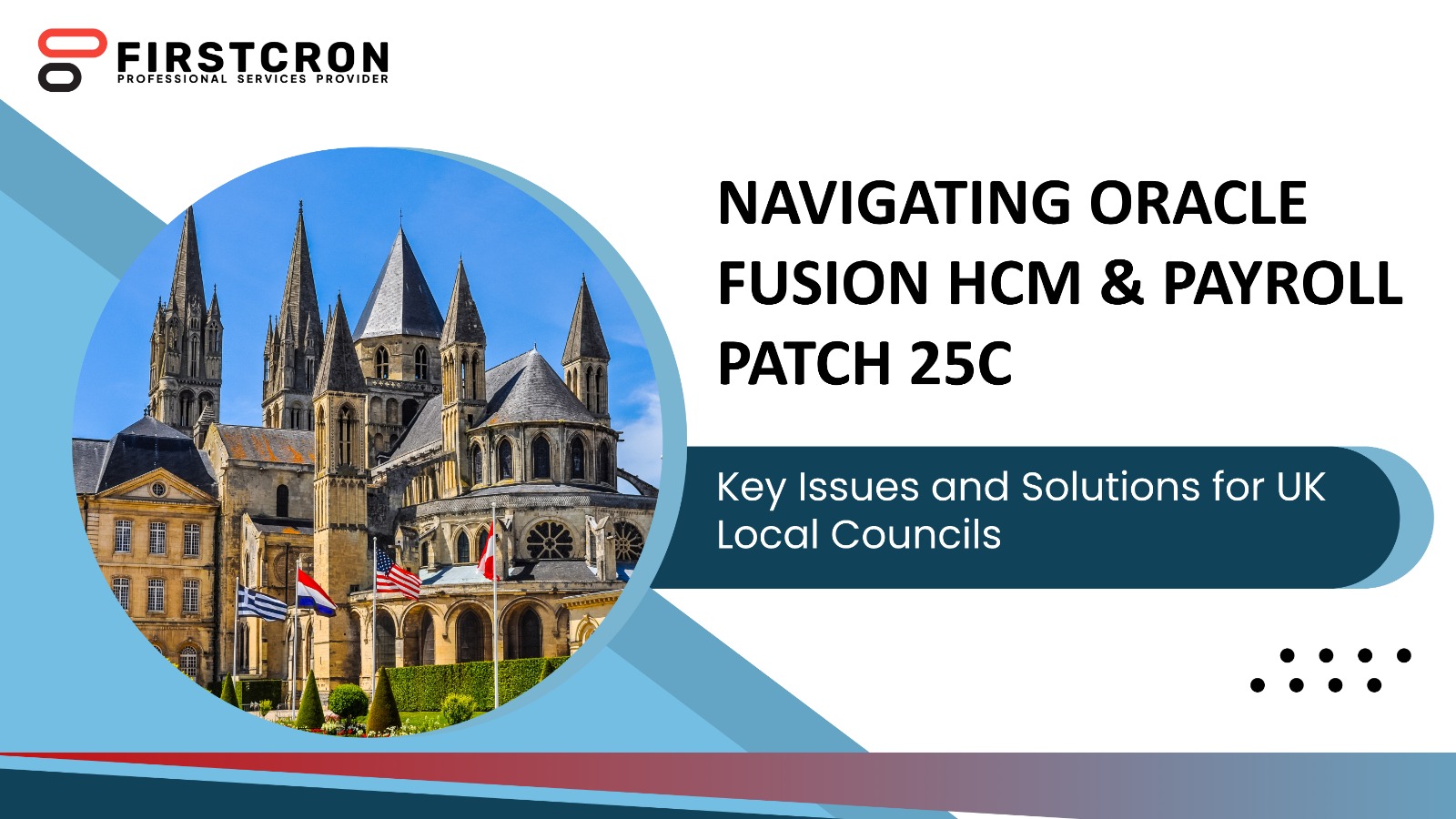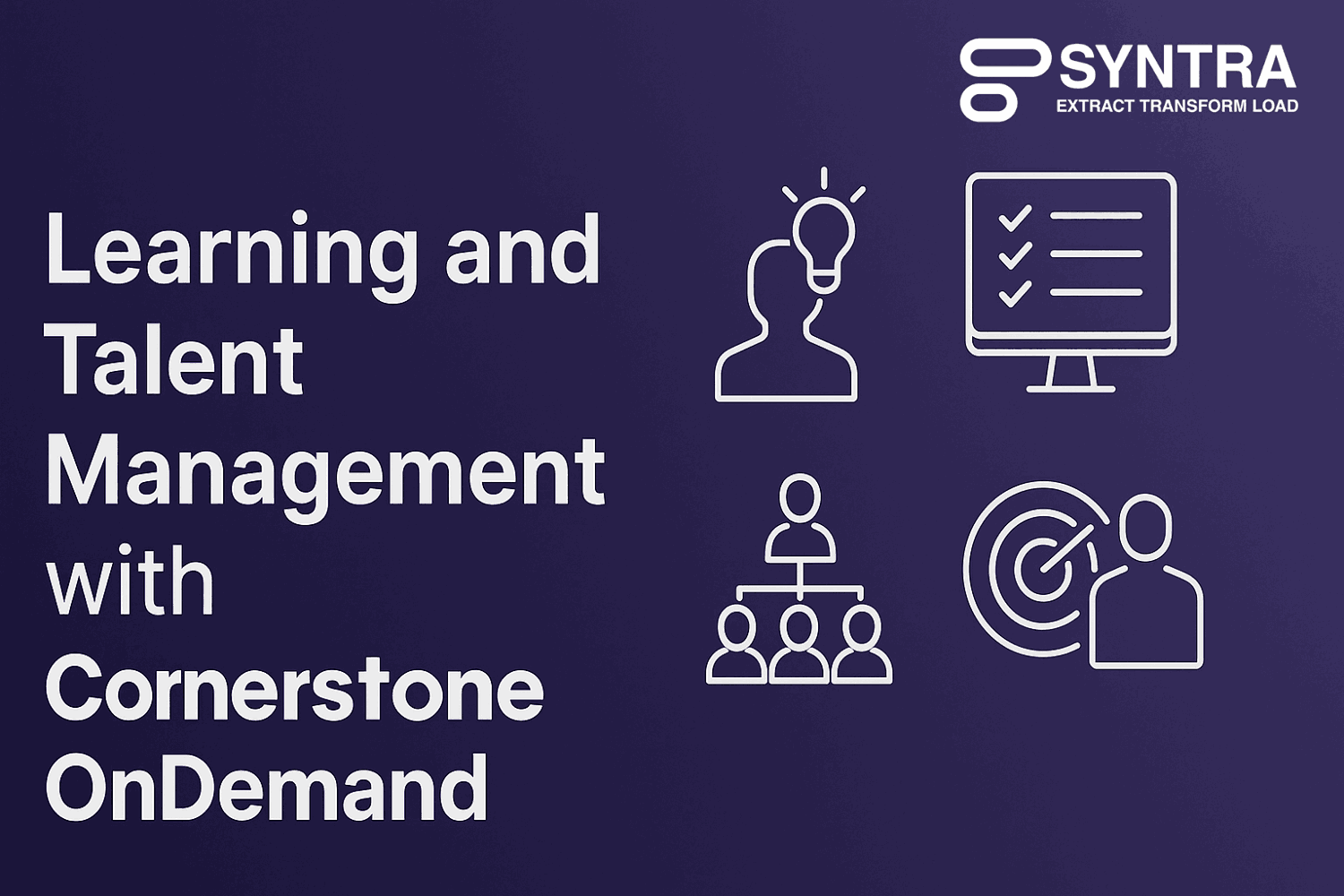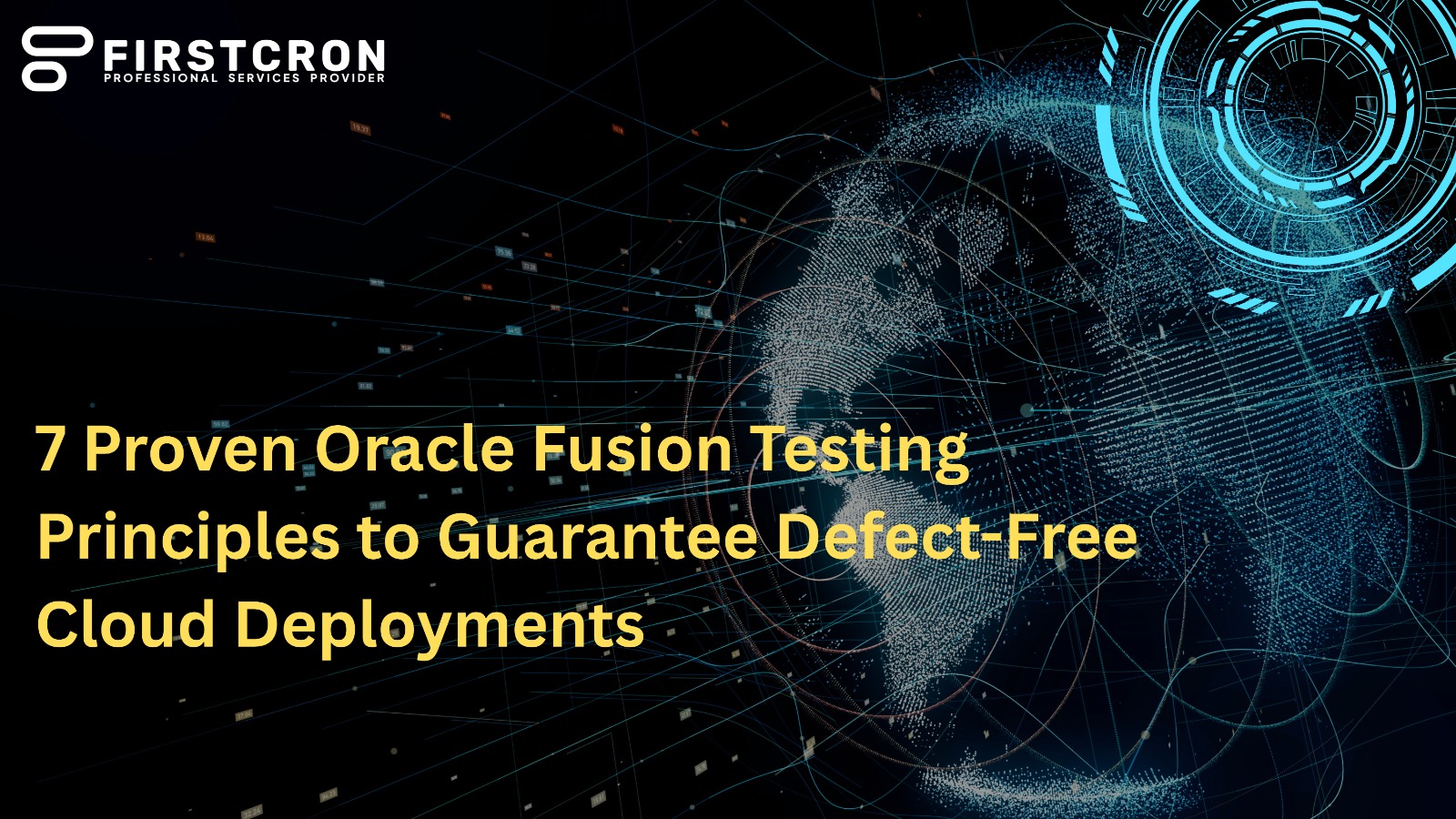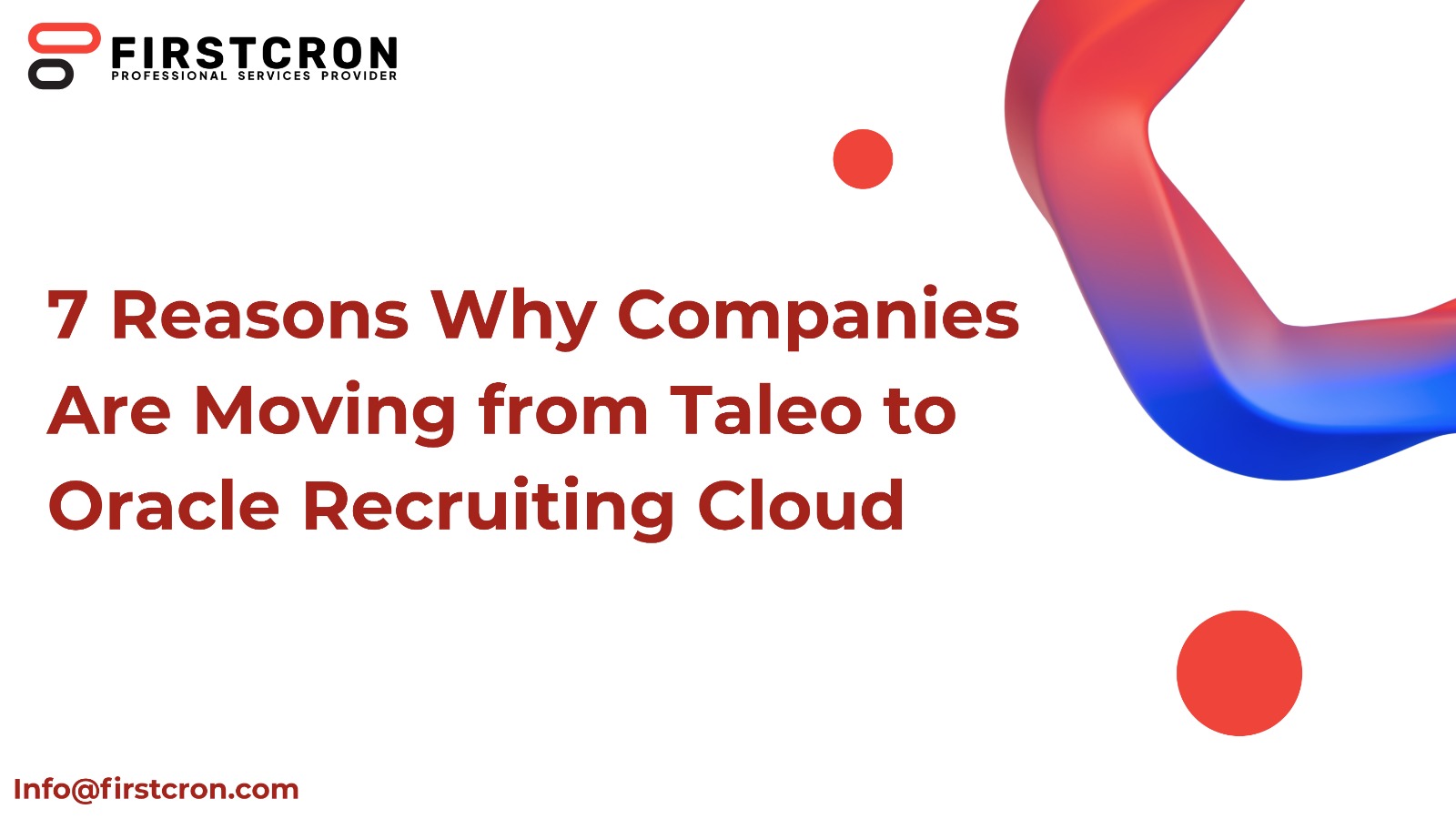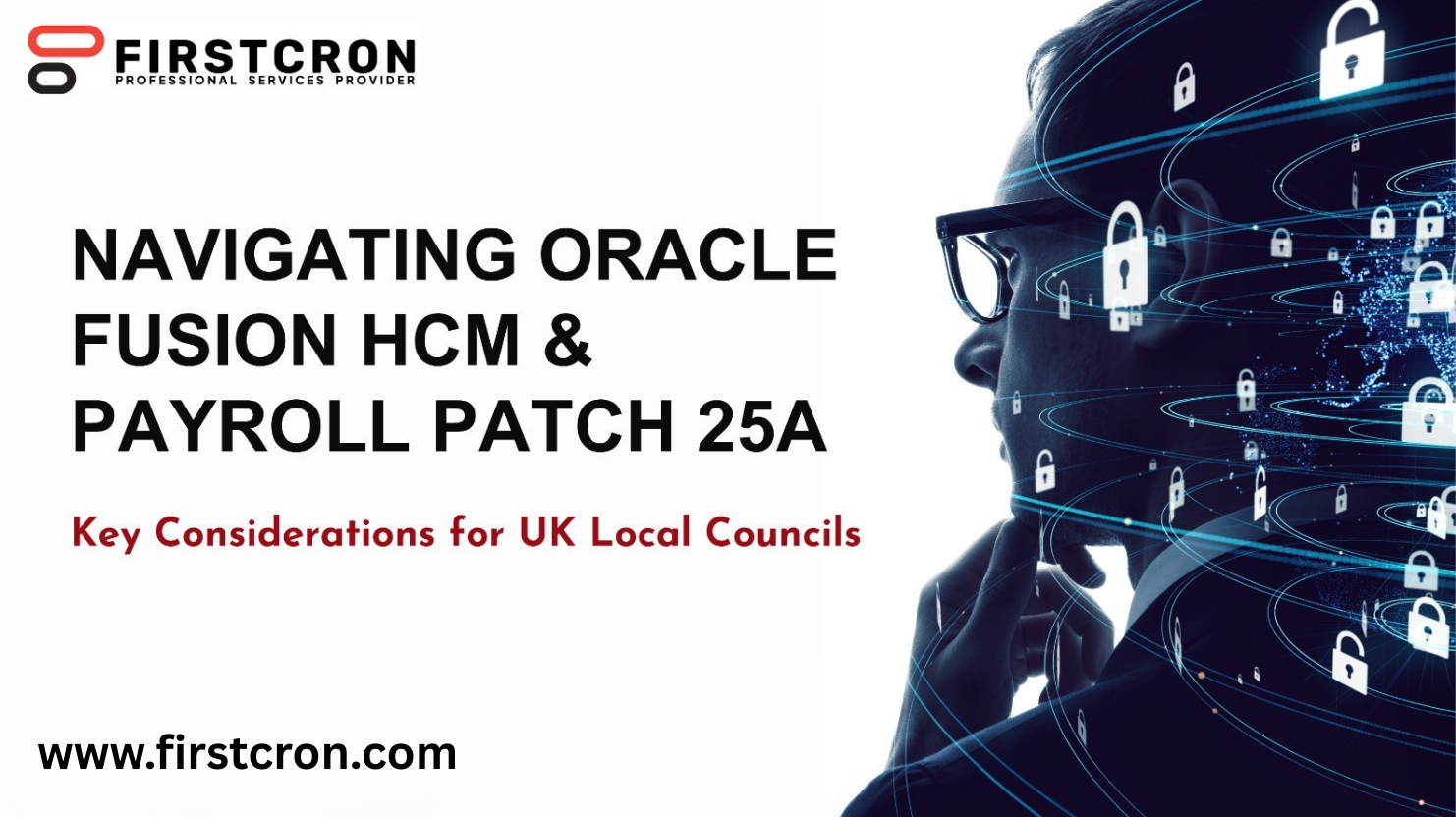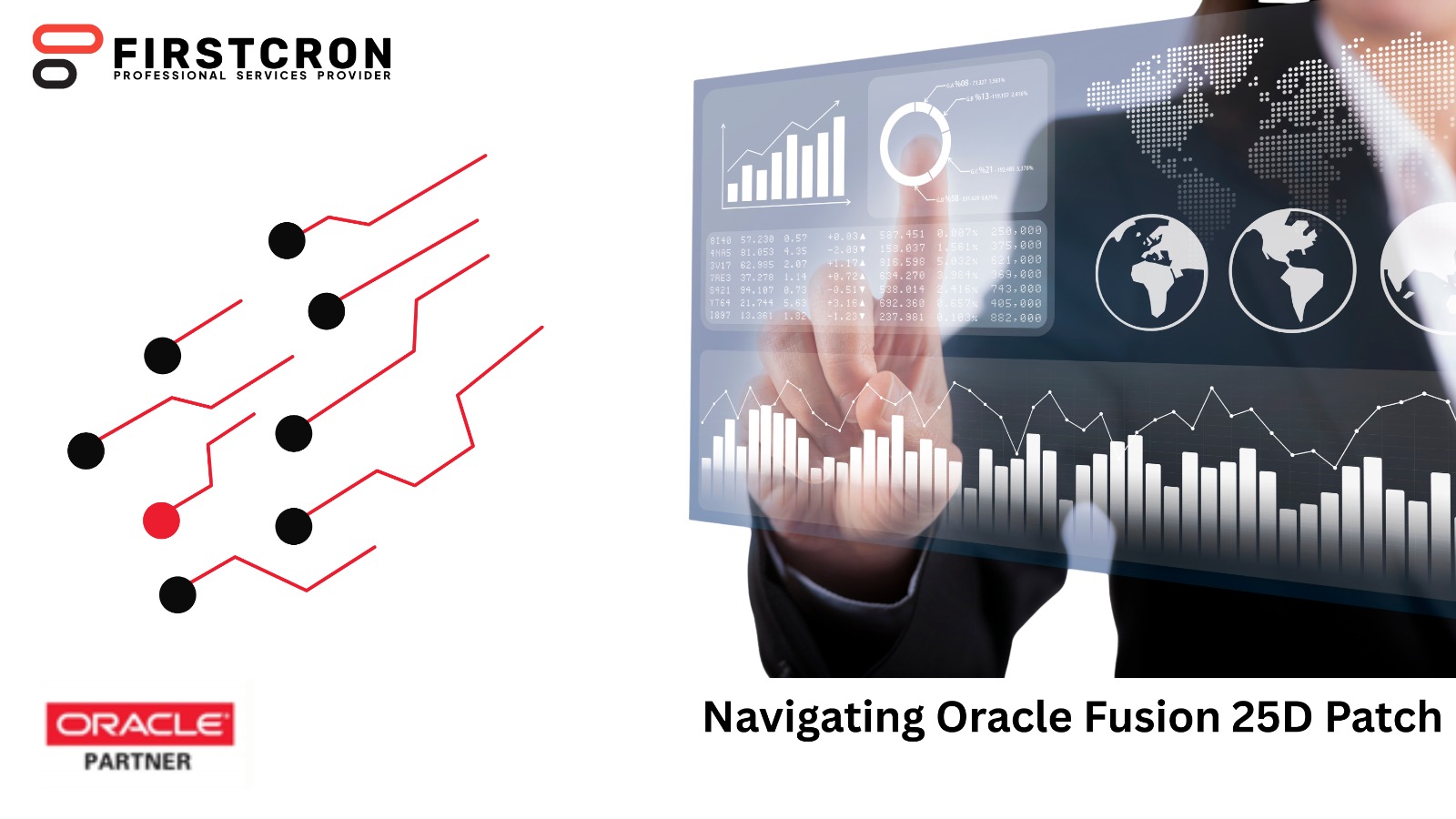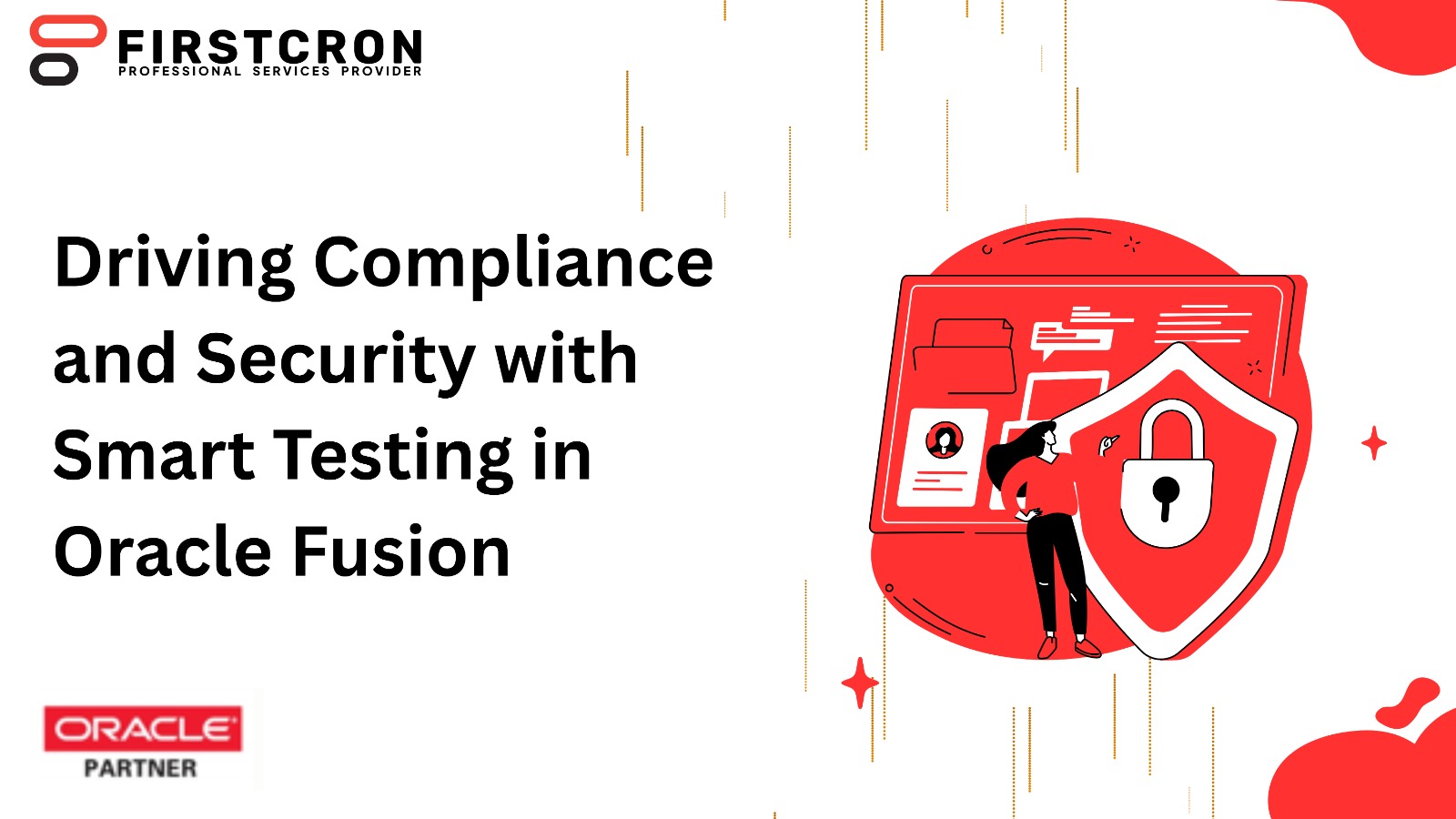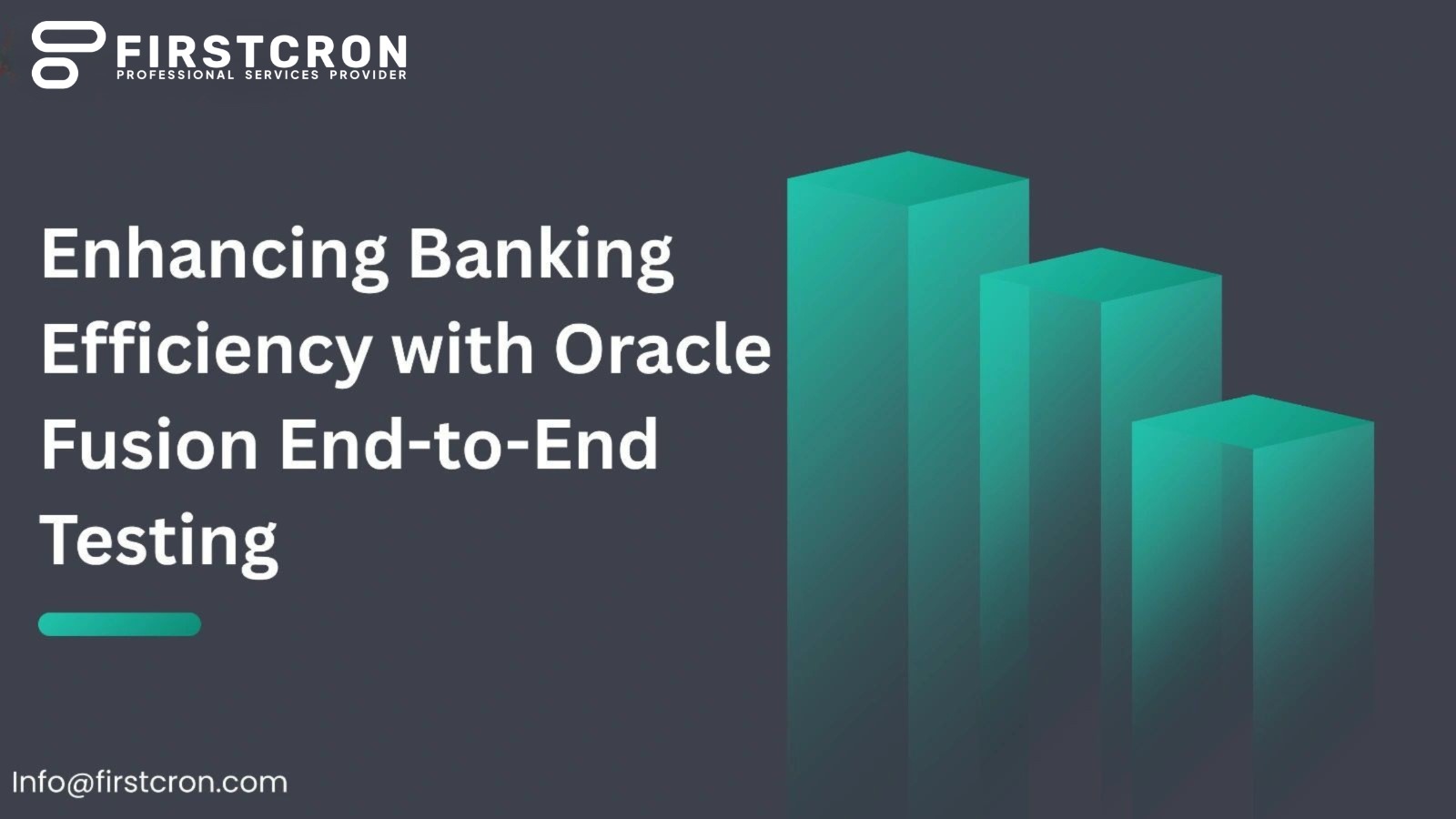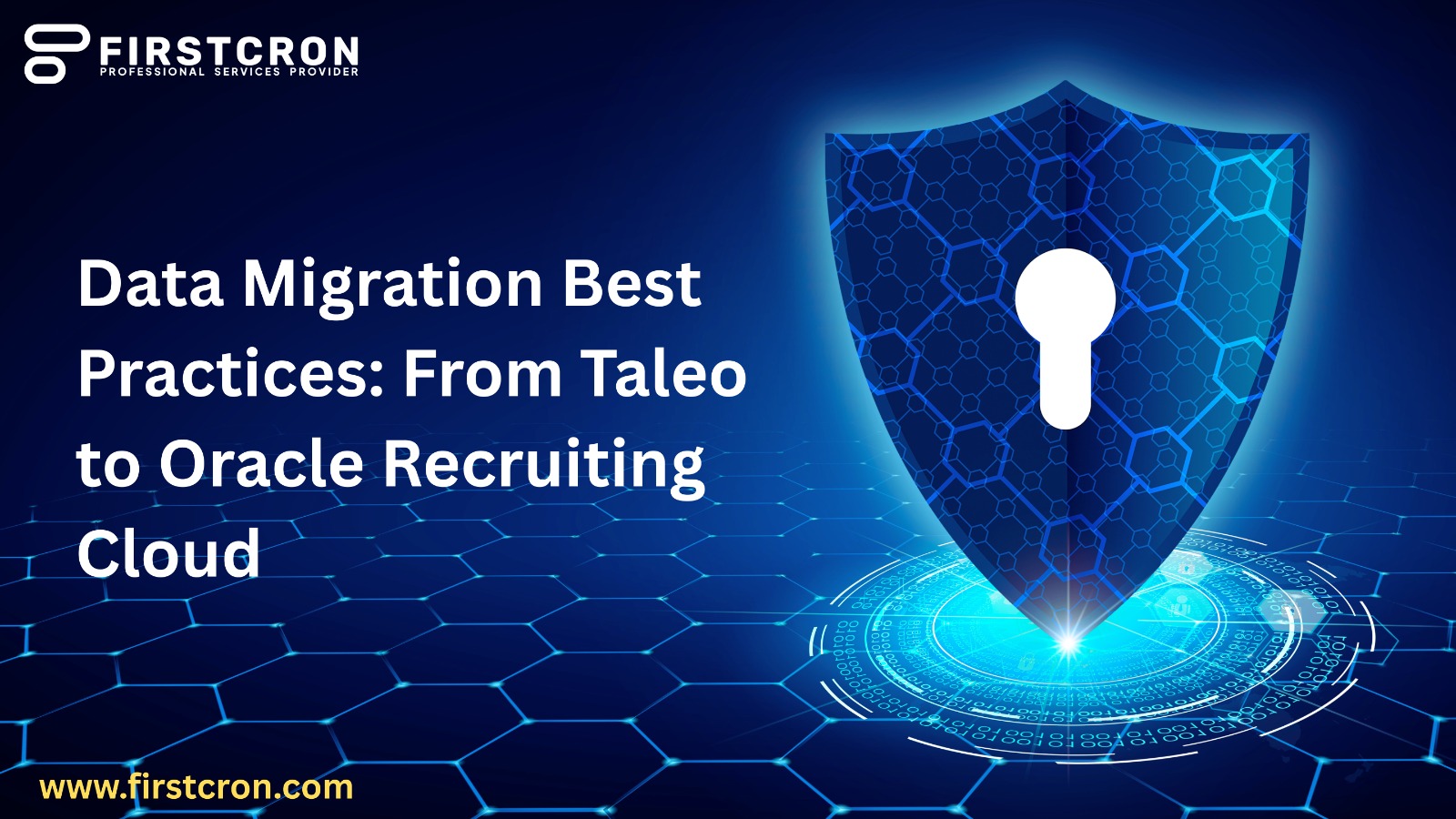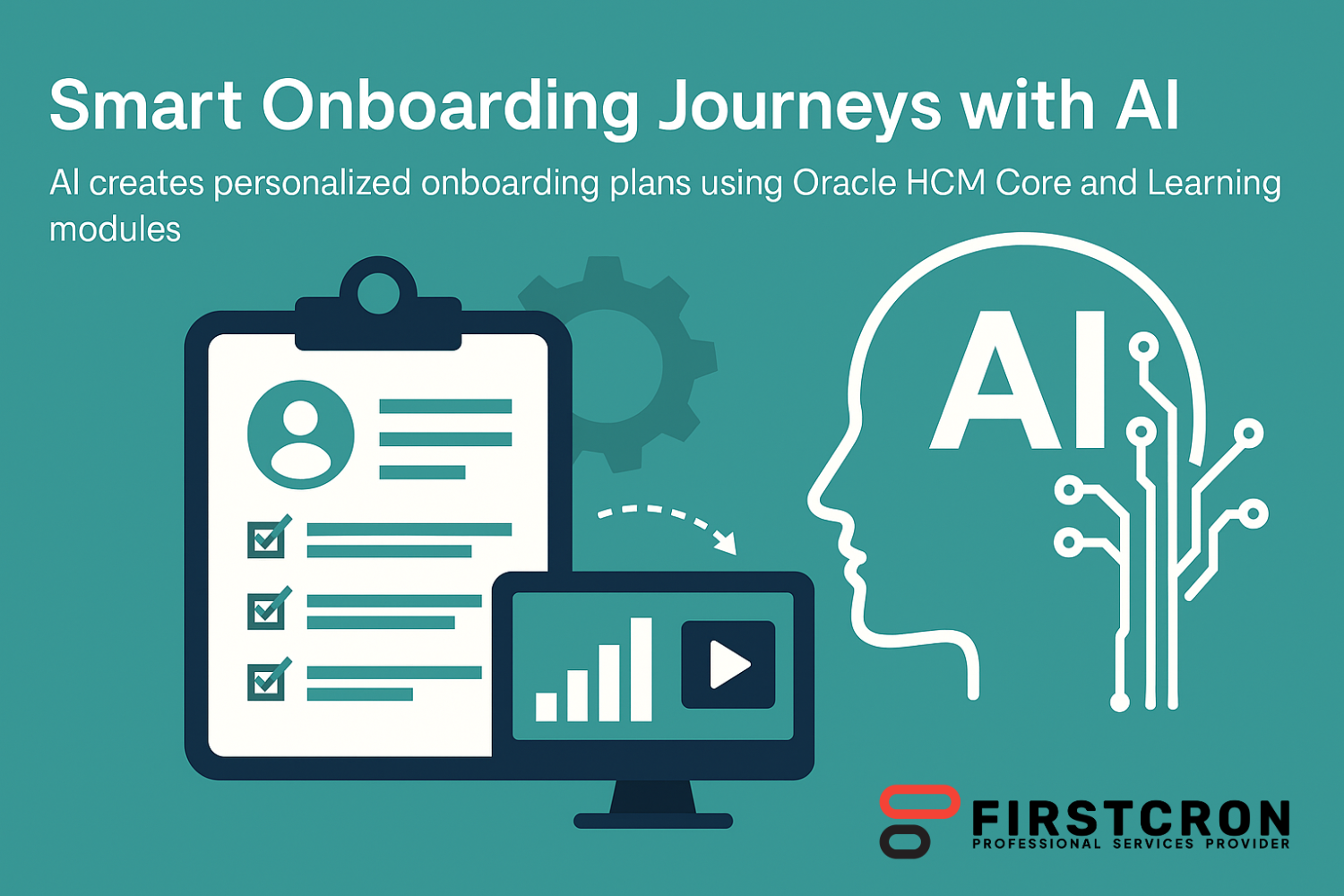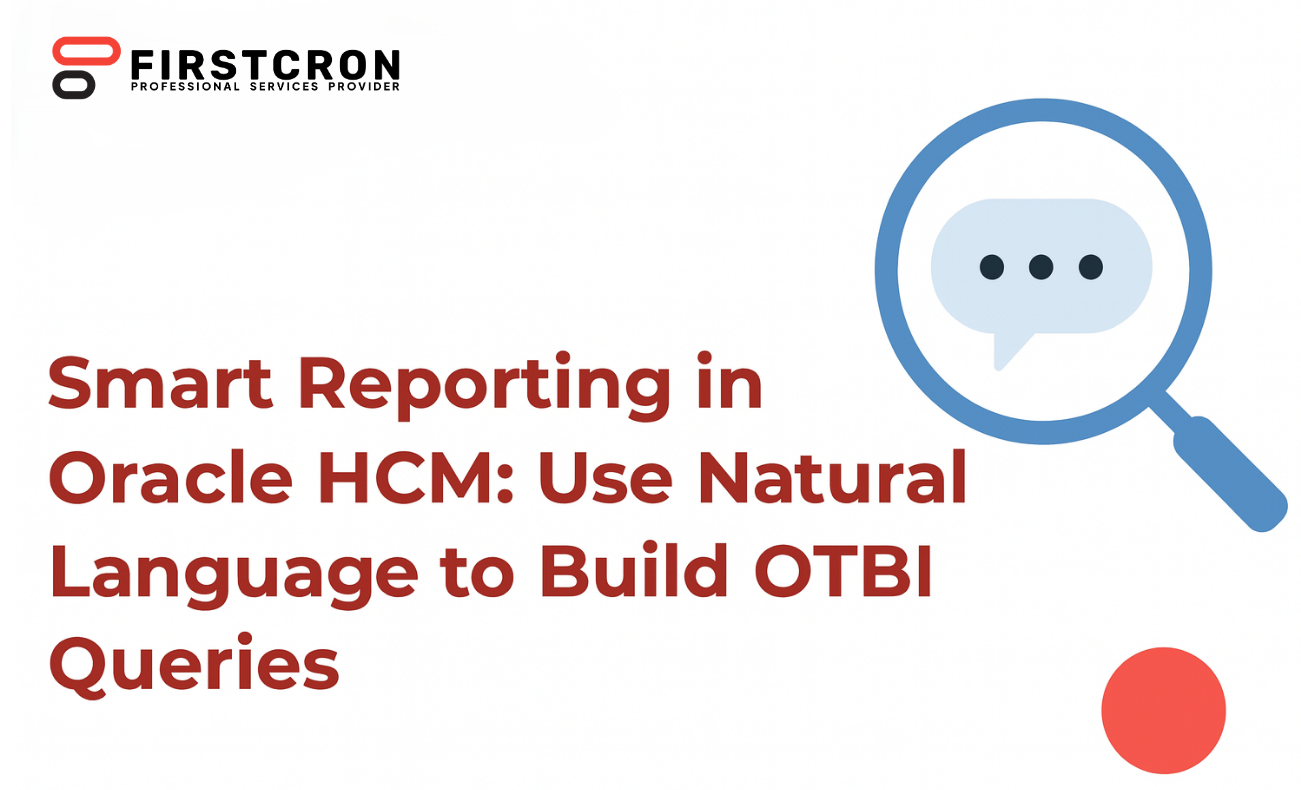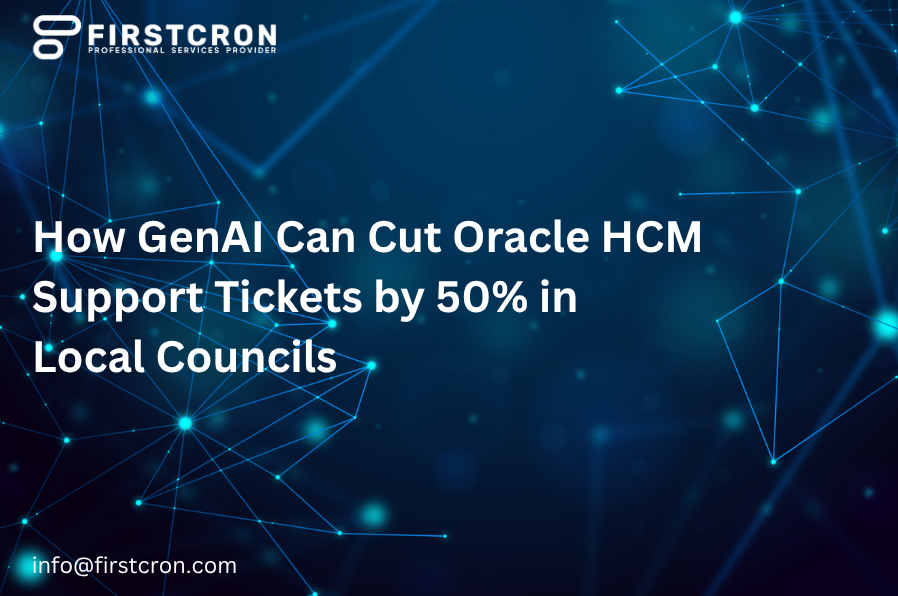
Oracle HCM Cloud has become a vital system for managing human capital in local councils and other public sector organisations. From payroll to recruiting, and from absence tracking to performance reviews, Oracle HCM supports thousands of processes every day. However, with its increasing complexity and broad user base, support teams are under constant pressure to respond to a high volume of repetitive and urgent support tickets.
In many councils, HR and IT teams are overwhelmed by employee queries, configuration issues, and errors that could easily be avoided or resolved more quickly with the right tools. These support issues waste time, inflate costs, reduce productivity, and negatively affect the employee experience.
Generative AI (GenAI) offers a breakthrough solution. By combining AI-powered chatbots, smart ticket classification, and contextual knowledge assistance, GenAI can reduce Oracle HCM-related support tickets by up to 50%. For councils and public institutions trying to do more with less, this is a powerful opportunity to modernise support operations, improve response times, and empower users.
In this blog we’ll cover
- What Is GenAI And Why Does It Matter?
- The Hidden Cost Of Oracle HCM Support In Public Institutions
- AI Chatbots: The First Line Of Support For Oracle HCM
- NLP-Driven Ticket Triage: Smarter, Faster Routing
- Knowledge Base Summarisation: Empowering Employee Self-Service
- Real-World Impact In The Public Sector
- The FirstCron Advantage
- Conclusion
What Is GenAI And Why Does It Matter?
Generative AI refers to a class of artificial intelligence that can generate human-like text and understand natural language. These models are trained on vast amounts of data, enabling them to simulate conversation, interpret user intent, and create responses that feel intuitive and helpful.
In the context of Oracle HCM, GenAI transforms how support is delivered. Instead of relying solely on helpdesk teams or HR staff to answer every question manually, GenAI solutions can offer direct assistance to users by responding to questions, helping them navigate complex workflows, and surfacing relevant information. This allows routine tasks to be handled instantly, while more complex support issues are intelligently routed to the right team members.
For organisations using Oracle HCM Cloud, particularly in the public sector, the value lies in improved efficiency and reduced operational load. With GenAI, councils and institutions can reduce support backlog, maintain service level agreements, and deliver a consistent, reliable experience to end users — even during peak periods.
AI Chatbots: The First Line Of Support For Oracle HCM
One of the most immediate ways GenAI can reduce support ticket volumes is by introducing AI-powered chatbots. These chatbots act as digital assistants for users, answering frequent questions and guiding them through processes without human intervention.
In local councils and public bodies, employees often face simple yet time-sensitive questions about payslip access, leave policies, expense claims, or benefits enrolment. A GenAI chatbot can respond to these questions instantly, using up-to-date information from the Oracle HCM system and internal HR policies.
Unlike static FAQs or long policy documents, AI chatbots provide dynamic, conversational assistance that adapts to the user’s question. Whether an employee is accessing the chatbot via a web portal or Microsoft Teams, the interaction feels fast, personal, and accurate. This drastically reduces the number of tickets reaching support desks.
Chatbots also operate 24/7, making them especially useful for healthcare and education workers with irregular schedules. In councils where ticket queues typically grow over weekends or during payroll periods, chatbots can help flatten these peaks by resolving inquiries as they arise.
NLP-Driven Ticket Triage: Smarter, Faster Routing
Even when a question requires human attention, GenAI still plays a crucial role. Natural Language Processing (NLP) allows AI systems to read and interpret ticket content, extracting the underlying intent and urgency of the request.
Traditionally, when a ticket is submitted, it’s manually read by someone who must determine the category, assign it to the right team, and prioritise it. This manual triage is prone to error and creates unnecessary delays. A misrouted ticket might sit in the wrong queue for days before being noticed.
GenAI changes this by automating the triage process. As soon as a ticket is submitted, the AI analyses the language used, identifies the likely issue, and routes it directly to the correct group — whether it’s payroll, benefits, onboarding, or technical support.
The result is faster resolution times and better workload distribution. Tickets get to the right people sooner, while HR and IT staff are freed from repetitive sorting tasks. For large organisations with thousands of employees, this leads to dramatic efficiency gains and a smoother user experience.
Knowledge Base Summarisation: Empowering Employee Self-Service
Another critical advantage of GenAI is its ability to summarise and contextualise large knowledge bases. Most public organisations already have HR policies, user manuals, and how-to documents — but employees rarely use them. These documents are long, hard to search, and filled with legal or technical jargon.
When employees can't find what they need, they open a ticket. In some organisations, 30% of support tickets could be avoided if employees could simply access and understand the information that already exists.
GenAI solves this by creating a conversational interface on top of your knowledge base. Instead of browsing through folders or reading a 40-page PDF, a user can ask a simple question and receive a summarised, relevant response within seconds.
For example, if an employee asks, "What’s the paternity leave policy for part-time staff?" the GenAI assistant can read the relevant policy document, extract the correct information, and respond with a clear answer. This not only reduces ticket volumes but also encourages self-service adoption across the organisation.
Real-World Impact In The Public Sector
In practice, these solutions deliver measurable results. A local authority in the UK recently implemented GenAI tools to manage Oracle HCM support across payroll and leave management. Within three months, routine ticket volume dropped by nearly half. Employee satisfaction scores improved due to faster, more reliable responses, and support staff were able to focus on process improvements instead of firefighting.
A healthcare provider in the US used GenAI to handle complex shift-related payroll issues. During high-pressure periods, such as end-of-month or holidays, the system helped prioritise critical tickets, ensuring that payroll disputes were resolved before they became compliance issues.
In higher education, universities with thousands of staff and adjunct faculty have seen onboarding and recruitment-related tickets drop significantly after implementing summarised GenAI help assistants for HR portals.
These results aren’t isolated. Across the public sector, GenAI is consistently reducing support workloads, improving resolution speed, and enhancing user confidence in the Oracle HCM system.
The FirstCron Advantage
FirstCron specialises in combining Oracle ERP expertise with next-generation AI solutions for the public sector. We understand the complexity of government, education, and healthcare environments and how Oracle HCM operates within those systems.
Our team works closely with clients to design, deploy, and optimise GenAI-powered support tools that match your unique workflows, policies, and compliance requirements. We don’t offer off-the-shelf chatbots — we build purpose-driven automation that integrates seamlessly with your existing Oracle HCM architecture.
From chatbot deployment and NLP triage setup to knowledge base ingestion and employee training, FirstCron provides full-cycle delivery and long-term support. We also ensure that all AI tools comply with regional data privacy laws, such as GDPR or HIPAA.
Conclusion
For public sector organisations using Oracle HCM Cloud, the cost of inefficient support is no longer acceptable. Employee expectations are rising, budgets remain tight, and service quality is under constant scrutiny. Generative AI provides a timely and powerful way to transform the support model.
By leveraging AI chatbots, smart ticket triage, and knowledge base summarisation, councils and public institutions can reduce ticket volumes by 50% or more. This frees up HR and IT staff to focus on value-added work, accelerates issue resolution, and improves the user experience across the board.
With FirstCron as your implementation partner, you gain not just AI tools — you gain a strategic advisor with deep Oracle HCM knowledge and proven public sector experience. We help you design an AI support strategy that’s scalable, secure, and aligned with your mission.
Tags
Related Post
Navigating Oracle Fusion HCM & Payroll Patch 25C: Key Issues And Solutions For UK Local Councils
July 26th, 2025 10 min read
Learning And Talent Management With Cornerstone OnDemand
October 10th, 2025 17 min read
7 Proven Oracle Fusion Testing Principles To Guarantee Defect-Free Cloud Deployments
May 16th, 2025 15 min read
7 Reasons Why Companies Are Moving From Taleo To Oracle Recruiting Cloud
June 2nd, 2025 14 min read
Navigating Oracle Fusion HCM & Payroll Patch 25A: Key Considerations For UK Local Councils
July 27th, 2025 10 min read
WEEKEND READS
Navigating Oracle Fusion HCM & Payroll Patch 25C: Key Issues And Solutions For UK Local Councils
July 26th, 2025 10 min read
7 Proven Oracle Fusion Testing Principles To Guarantee Defect-Free Cloud Deployments
May 16th, 2025 15 min read
7 Reasons Why Companies Are Moving From Taleo To Oracle Recruiting Cloud
June 2nd, 2025 14 min read
Navigating Oracle Fusion HCM & Payroll Patch 25A: Key Considerations For UK Local Councils
July 27th, 2025 10 min read
Driving Compliance And Security With Smart Testing In Oracle Fusion
June 5th, 2025 9 min read
How End-to-End Testing Of Oracle Fusion Enhances Operational Efficiency In Banking
May 23rd, 2025 11 min read
Data Migration Best Practices: From Taleo To Oracle Recruiting Cloud
May 28th, 2025 13 min read
Smart Onboarding Journeys With AI: Personalized Employee Integration Through Oracle HCM Core And Learning
September 13th, 2025 21 min read
Smart Reporting In Oracle HCM: Use Natural Language To Build OTBI Queries
August 17th, 2025 20 min read






